Be a part of the future of elder care—learn from the most experienced and innovative providers of person-centered care about how to bring dignity, choice, respect, and comfort back into the day-to-day lives of elders. Part of the Leading Principles and Practices in Elder Care series, this invaluable resource—from many of the pioneers of the culture change movement—provides the wisdom and tools needed to turn any care community into a more supportive, person-directed environment.
From this book, readers gain insight into implementing care practices that focus on the person, through the profiles of pioneering model communities that have successfully brought culture change into their organizations. Discover proven approaches to transforming attitudes, practices, physical spaces, and organizational structures to accommodate the collaborative processes essential to personalized care.
This critical resource explores the path to accomplishing organizational change. It guides by example and reveals what is possible and how to overcome the challenges to be faced when effecting change. For practitioners, educators, funders, advocates, surveyors, and professional staff from nurses to social workers to administrators, Models and Pathways for Person-Centered Elder Care provides
- detailed accounts of what person-centered care looks like in practice
- essential considerations for the workforce
- tips and ideas for overcoming common barriers
- a solid business case for implementing culture change and gaining competitive advantages
- concrete perspectives on the issues and processes surrounding new ways of providing care
Readers who are just beginning to adopt culture change in their care communities or those well into the person-centered care journey will find in these pages the inspiration, motivation, and practical strategies to guide their organization towards the future of elder care.

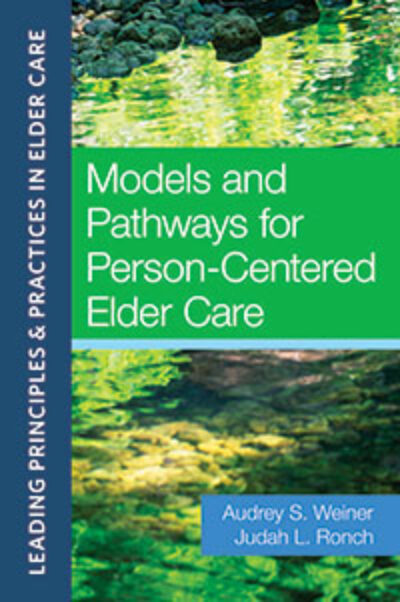
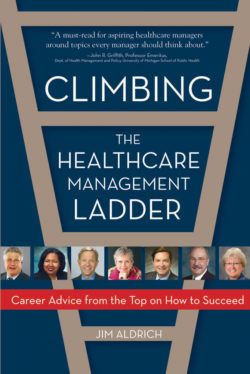
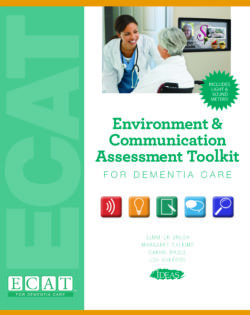

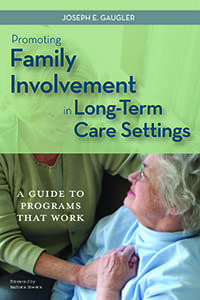
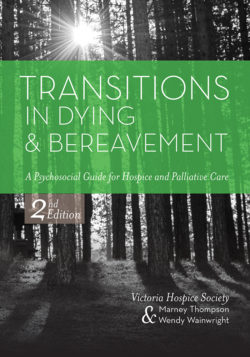

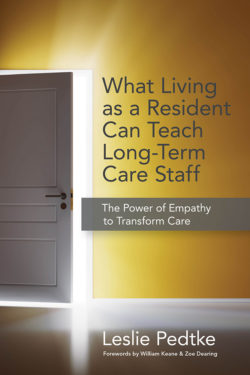



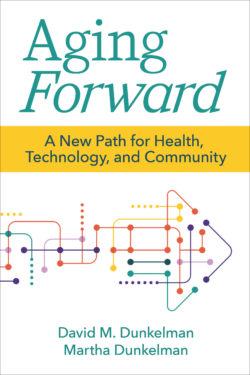
Administrator –
“This book should be read by anyone who cares about the quality of life for people who are older or disabled and need assistance from others, no matter what the setting. The authors handle a wide breadth of topics with voices of authority, experience and passion. They offer inspiring real-world examples, proving that profound change is possible for those who live and work in long-term care.”
—Beth Baker, Author, Old Age in a New Age—The Promise of Transformative Nursing Homes